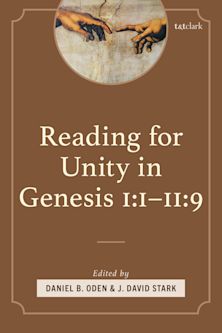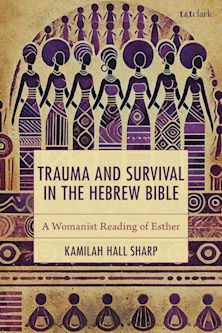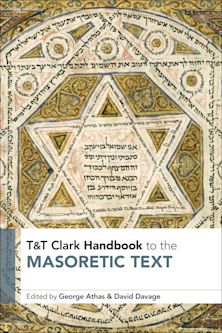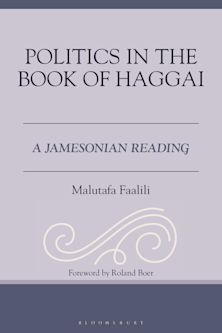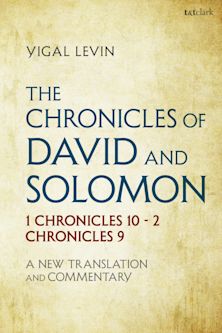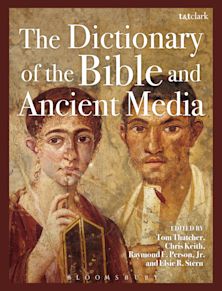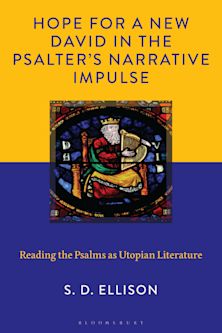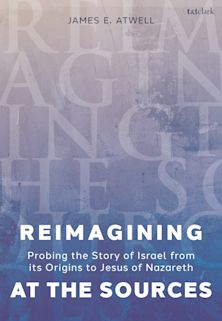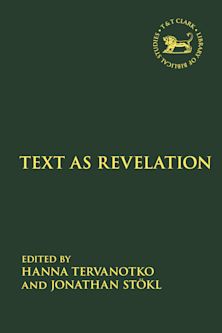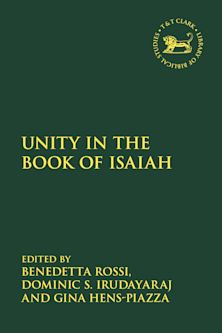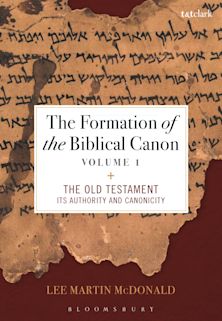- Home
- ACADEMIC
- Biblical Studies
- Old Testament / Hebrew Bible
- The Historicity of the Patriarchal Narratives
The Historicity of the Patriarchal Narratives
The Quest for the Historical Abraham
The Historicity of the Patriarchal Narratives
The Quest for the Historical Abraham
This product is usually dispatched within 10-14 days
- Delivery and returns info
-
Free UK delivery on orders £30 or over
You must sign in to add this item to your wishlist. Please sign in or create an account
Description
Archaeology seems to have become an active partner in the attempt to prove the historical truth of the Bible. Biblical archaeologists have gone to the field in search of Noah's ark or the walls of Jericho, as if the finding of these artifacts would make the events of scripture somehow more true or real.
Thomas Thompson is one of the most vocal contemporary critics of biblical archaeology. His simple but powerful thesis is that archaeology cannot be used in the service of the Bible. Focusing on the patriarchal narratives-the stories of Abraham, Isaac, and Jacob-he demonstrates that archaeological research simply cannot historically substantiate these stories.
Going further, Thompson says that archaeological materials should never be dated or evaluated on the basis of written texts. Looking to the patriarchal narratives in Genesis, he concludes that these stories are neither historical nor were they intended to be historical. Instead, these narratives are written as expressions of Israel's relationship to God.
Thomas L. Thompson is Professor of Old Testament, University of Copenhagen.
His books include The Mythic Past and The Early History of the Israelite People.
Product details
| Published | 01 Oct 2002 |
|---|---|
| Format | Paperback |
| Edition | 1st |
| Extent | 404 |
| ISBN | 9781563383892 |
| Imprint | Trinity Press International |
| Dimensions | Not specified |
| Publisher | Bloomsbury Publishing |
About the contributors
Reviews
-
"This book is now a classic and belongs in the library of all serious biblical scholars. In the context of the recent battles in biblical archaeology it is worth a new reading, especially by those of the new generation, which only knows the work by reputation and may be surprised by how cautious and reserved it now seems. It is a work that changed the course of historical research on the subject of ancient Israel, and for this reason its author deserves a special place of honor in the history of the discipline of biblical studies."--John Van Seeters, Review of Biblical Literature, March 2003.
John Van Seeters, Blurb from reviewer












